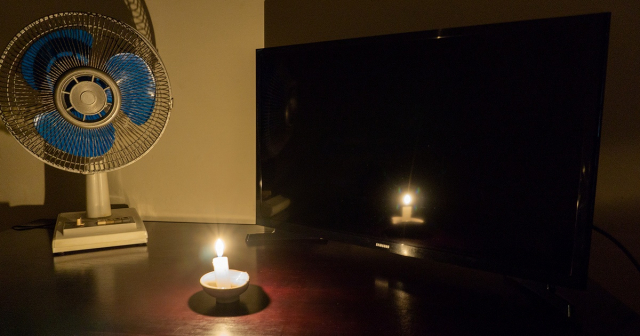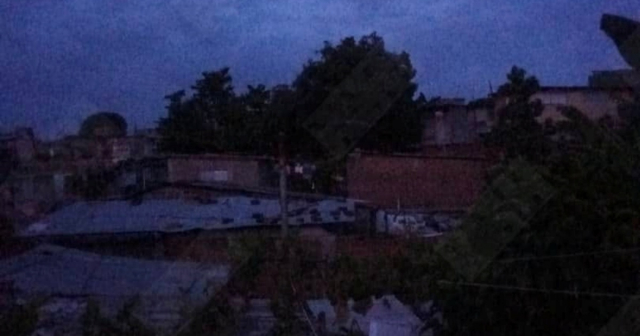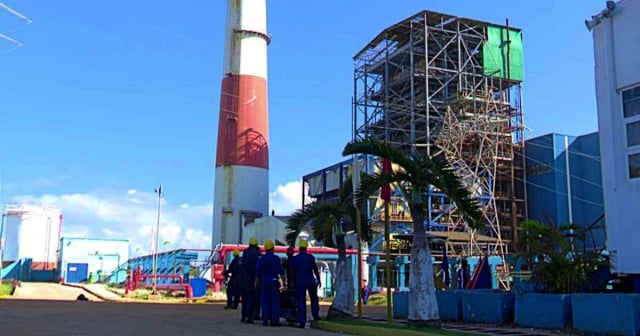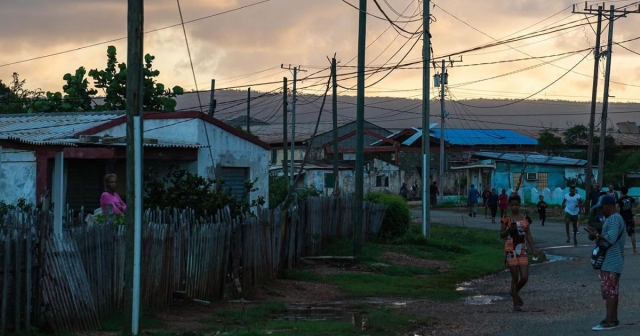
The energy crisis continues to shape the daily lives of Cubans and highlight the evident inability of Miguel Díaz-Canel's government to address the collapse of the national electro-energy system (SEN), which left over a third of the country in the dark once again this Tuesday.
The disrupted synchronization with the National Electric System (SEN) of the country's main thermoelectric plant, the Antonio Guiteras in Matanzas—which was disconnected last Tuesday for a “planned maintenance” period of 96 hours that extended beyond the expected time—has not resulted in any improvement for the customers of Unión Eléctrica (UNE).
For this Tuesday, the state-owned company led by Alfredo López Valdés announced a peak availability of 1,650 MW and a maximum demand of 3,030 MW, resulting in a deficit of 1,380 MW. If the expected conditions persist, a shortfall of 1,450 MW is forecasted for this time period.
The day before, the UNE had announced "affectations" exceeding 1,300 MW. However, in a rare deviation from the usual pattern, the entity reported a figure lower than expected on Tuesday, with the "affectations" amounting to around 1,278 MW.
With four thermal power units out of service (Unit 5 in Mariel, Unit 1 in Santa Cruz, Unit 5 in Nuevitas, and Unit 2 in Felton) and another four under maintenance (Unit 2 in Santa Cruz, Units 3 and 4 in Cienfuegos, and Unit 5 in Renté), the National Electric System is struggling to recover from the devastating impact of time and the lack of investment.
Against this backdrop, and with the capital of Cuba experiencing one of the worst streaks of blackouts in recent times, this Monday the Cuban regime held an event in memory of the dictator Fidel Castro at the stairs of the University of Havana. The occasion featured an abundance of lights, music, and slogans, starkly contrasting with the gloomy appearance of the rest of the city in darkness.
The "energy emergency" shows no mercy to the Cubans, who turn to social media as the only space to express their frustration and outrage at the abuses of a regime that keeps its population in a dire state of insecurity.
"Every day the same news. The SEN has been stabilized at a critical point, and most people have chosen to accept this reality as something normal. Those who have resources or concerned relatives abroad can seek their own solutions (solar panels, batteries, energy independence), while those who do not live on the brink of alienation," stated a Cuban in the comments on the power outage forecast prepared by the UNE for this Tuesday.
Filed under:






